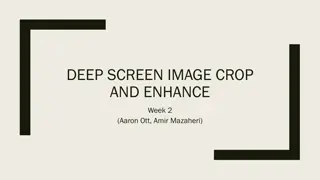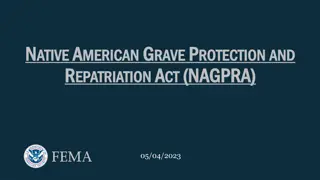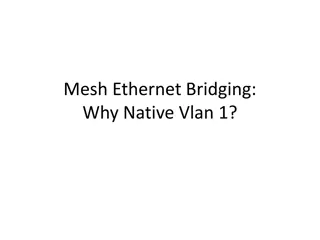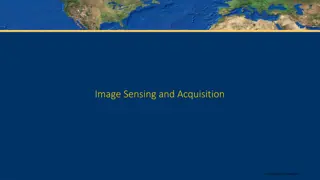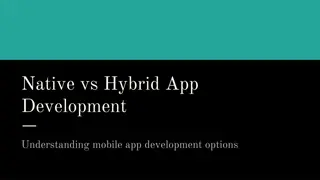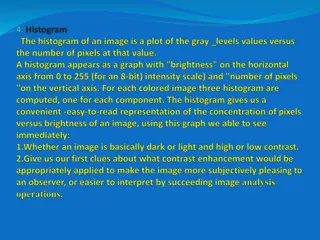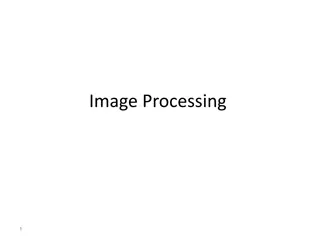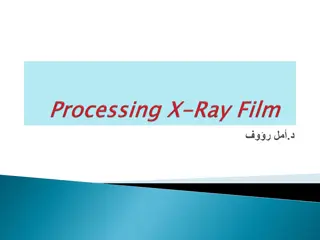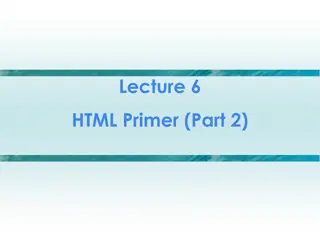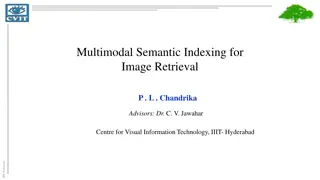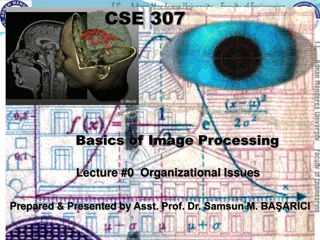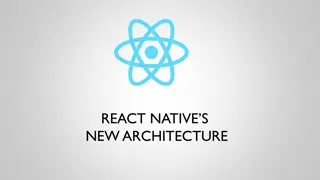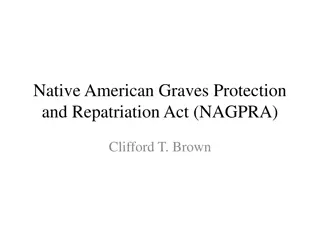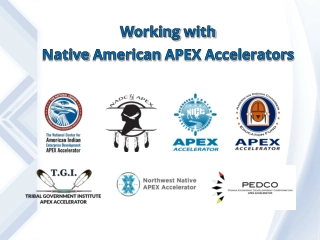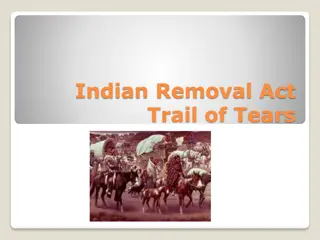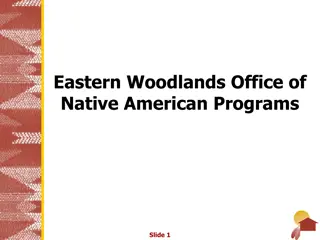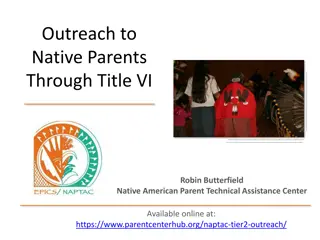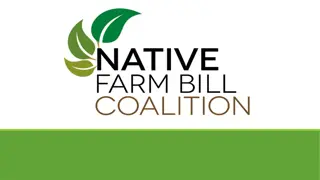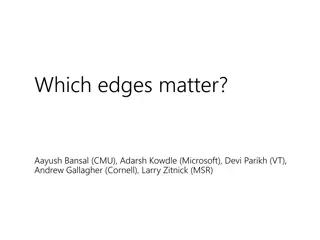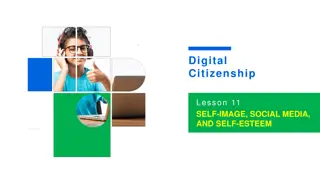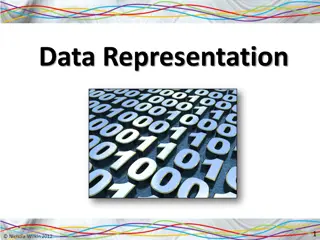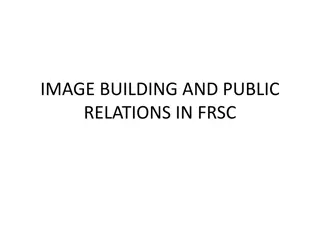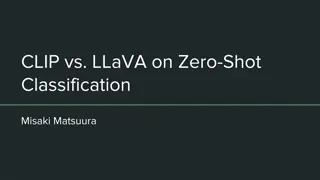Understanding JFR in GraalVM Native Image
Explore the differences between JFR in GraalVM Native Image and OpenJDK, the current state of JFR support, and the building and running process with JFR. Learn about the benefits and limitations of using JFR in GraalVM Native Image for monitoring and profiling Java applications.
Uploaded on Sep 13, 2024 | 0 Views
Download Presentation

Please find below an Image/Link to download the presentation.
The content on the website is provided AS IS for your information and personal use only. It may not be sold, licensed, or shared on other websites without obtaining consent from the author. Download presentation by click this link. If you encounter any issues during the download, it is possible that the publisher has removed the file from their server.
E N D
Presentation Transcript
An In-Depth Look at JFR in GraalVM Native Image Robert Toyonaga
Todays Topics Section 1: High-level JFR Native Image A quick JFR refresher GraalVM/Native Image Intro How (and why) is Native Image JFR different than OpenJDK? Current state of support for JFR in GraalVM Native Image Section 2: Low-level JFR Native Image Events Chunk files In-flight buffers Constant pools Chunk rotations
JDK Flight Recorder (JFR) Refresher A monitoring/profiling tool built into the JVM Event-based Low overhead Gain insight into threads, monitors, CPU profiling, allocations, GC
What is GraalVM Native Image? Create AOT compiled binaries from Java apps Faster start-up Uses less resources javac Graal native-image executable Compile your java program into bytecode. Use the GraalVM native-image tool to build the binary. Execute the binary.
Current State of JFR Support in Native Image Start/Stop recording Events Threads, monitor, allocation, GC, safepoint Dump snapshots to disk Custom Event API Stack traces (and method profiling) Event streaming Remote JMX connection to FlightRecorderMXBean
Basic Building and Running with JFR Buildtime native-image --enable-monitoring=jfrJavaApplication Runtime ./javaapplication -XX:StartFlightRecording=filename=recording.jfr
Current Limitations Not all events are implemented Events implemented through bytecode instrumentation New JDK events (@deprecated etc.) Event streaming doesn t support stack traces yet In review: Leak profiling (OldObjectSample event) In review: Continuous allocation profiling In progress: Native Memory Tracking
Section 2: Deep Dive Into JFR Events Chunk files In-flight buffers Constant pools Chunk rotations
Chunk Files Each chunk is self-contained and independent Events in Event Data reference data in Event Metadata and Constant Pools
Referencing using JFR IDs Constants are only recorded once per chunk Allows for compactness of data (both in-flight and on-disk)
In-Flight Buffers: Thread Local Buffers Holds in-flight event data Allows for concurrent read/writes
In-Flight Buffers: Global Buffers A collection of shared buffers structured identical to thread- local buffers Provides additional flexible storage Global buffers eventually are flushed to disk
Constant Pools Allows for compactness of event data through deduplication of constants Various pools: Class Package Classloader Method Stacktrace Thread
Chunk Rotation After enough data has been generated, a rotation is requested Purpose: Persist in-flight data to disk Prevent any single chunk file from growing too large A safepoint is required
Chunk Rotation: Order of Operations Epoch 1 Enqueue safepoint operation Safepoint Write local buffers to disk Write global buffers to disk Write constant pools to disk Epoch 2 Close old chunk / Open new chunk
Chunk Rotation: Uninterruptible Can safepointing for chunk rotation interrupt event emission (separating event and constant data)? Begin event emission Record event data to thread-local buffers What if a chunk rotation safepoint happens here? Epoch 1 Epoch 2 Record constant data to constant pools
Substitutions OpenJDK JFR calls from java into Hotspot via JNI. We must redirect those calls to our own underlying implementation.
Links for Further Reading List of supported events Article highlighting support in GraalVM for JDK20 Native JFR walkthrough with Quarkus Official GraalVM JFR docs (though a bit outdated) Podcast: Using Native Image JFR with Quarkus
Questions? Thank you for listening



